Franco Esteve was born in the Caribbean island of Puerto Rico, and had a multicultural upbringing throughout the United States and Europe. This multicultural upbringing led to his adoption of the concept of everywhere and nowhere for his views of life, origin, and culture. The same has applied to his professional life as well, covering a multitude of disciplines, feeding his thirst for knowledge and expression. As a child he developed in music and piano, and also as an actor, acting in local commercials and theater, later developing in other areas of production, photography, design, and film. He’s produced and directed commercials and music videos, but is best known for his work with The Doll Chronicles series of short films, particularly Consequence, The Doll Chronicles, which he produced and directed. He also composed the music for the series, for which he’s received accolades.
Franco Esteve’s new EP is called “Contagion”. Contagion is a moment, an interruption, signifying an expression of feelings and music that the Covid-19 coronavirus pandemic and quarantine brought to light. It’s a contemporary classical life soundtrack, serving as a soundtrack to the contagion, to its spread, to its mystery, its attack on the body, to our losses during the Covid-19 pandemic and to our future beyond them.

- How long have you been composing and recording as a solo artist, and did you have any formal training?
Franco Esteve: I’ve been composing most of my life, even before I started playing piano and guitar as a child, but I didn’t officially start recording in the professional sense as a solo artist until around 2012 or so. I had great exposure to music growing up thanks to family members, but was never allowed to have proper music lessons, so I taught myself to play piano and guitar and to write music. This eventually led to playing music with others, to creating music for adverts and films, and to releasing my own music.
- If someone has never heard your music, which keywords would you personally use to describe your overall sound and style?
Franco Esteve: Story driven filmic life soundtrack
- If the name Franco Esteve came up in a conversation among music fans, alongside which other artists would you like to be associated in that conversation?
Franco Esteve: Well, considering most of my music is story driven, even when not associated to a film, I’d have to say Jerry Goldsmith, James Horner, Hans Zimmer, Danny Elfman, though my influences obviously go much further and wider than that.
- Do you remember the first piece of musical equipment that you actually purchased with your own money? And which is the one piece of hardware or software you’re still looking to add to your setup now?
Franco Esteve: It was a Roland D-10 synthesizer. I loved that thing. Maybe that’s why I love my old D-50, which I still use quite often. As to hardware or software I wish to add, I’ve been looking at a Doepfer controller and I’m always adding new sounds to my setup.
- Where do you do most of your recording and production work? And is that where you recorded your new album “Contagion”?
Franco Esteve: I do most of my work in my home studio, though some work is done in a more portable environment. Thankfully, portability is more possible now, depending on what you’re working on specifically. I do a lot of initial pre-work on an iPad/MacBookPro back and forth setup in multiple locations, but final recording and production is always done in the home studio.
- Studio work and music creation, or performing and interacting with a live audience, which do you prefer?
Franco Esteve: I mostly work in the studio, and though I’ve performed live in the past and enjoy it, I’m quite happy to be in my studio environment, exploring, testing, creating for people to enjoy wherever they please. Because of my current, more orchestral leanings, performing live is a much more complicated endeavor.
- What were the main compositional, performance and production challenges you came across on the new album?
Franco Esteve: Well, Contagion started at a moment when I was spending a lot of my time in hospitals with family members, and the Covid-19 pandemic was taking over not just the news cycle, but the hospitals I was in. Within all the chaos, the fear, and everything else, this piece of music just interrupted all my work and wouldn’t let go, so I started laying it down. I initially thought it’d be one song and I’d be done with it, but after the title track, more surfaced, while simultaneously, the quarantine came, and the loss of that first family member drove everything home. You could say the first challenge was doing this while surrounded with pain, chaos, and a worldwide pandemic that was affecting me personally, but there were other issues as well, especially in getting the sound the way I wanted and in mixing certain analog instruments with the digital. In the end, I took it a bit as a challenge, and recorded 5 songs I could be happy with and that reflected the story of this experience. Distribution delays were another issue which came to light as I was getting ready to release, which was yet another little pandemic related thing to deal with.
- Is there a particular song in the new album, on which you feel you delivered your most perfect performance, technically and emotionally, and which came out even better than you initially expected?
Franco Esteve: This is a difficult question really. As an artist, you sometimes express what you express, but you eternally obsess. Each song has its place in the story, and one may relate to one more than another, but I think that with Infected, I really captured the trip from infection to death in the orchestral way that I wanted and with the impact I wanted. Of course, we’re talking performance, technically and emotionally. There are different levels of each in each song, and I’ll obsess forever about all of them. (Laughs)
- On the flipside, is there maybe a track on the album that you keep thinking you should have done differently in some way or another?
Franco Esteve: Not really, but as I mentioned, I’ll obsess forever about all of them. I obviously notice all the little things that I know I did here or there, and that I might be happier with or not, depending. It’s my music and I’ll obsess about it forever. (Laughs) At the same time, I’ve always said that, you work with what you have and not with what you don’t. That means that sometimes you have to work within conditions that you cannot change, and you have to accept them and produce the most perfectly beautiful expression that you can, at that moment. Perfection is an illusion, and beauty often lies in imperfection.

- How long did it take you to complete the entire album – from its conception to its release – and which part took up the most of your time?
Franco Esteve: It took around 3 to 4 months more or less. Once I’d accepted that I was going to do it, it came out relatively fast. I didn’t know how long the album would be or whether it would be a bunch of songs or just a few. I just went with wherever it took me and for however long. The writing of the song Contagion was instant, as that drove me to compose the album, but overall, the rest was quite balanced, timewise, in terms of composing, recording, and producing.
- What are some of the most important tools and/or instruments you’re using in creating your sound on the new album?
Franco Esteve: For Contagion as with my other music, I follow my process, which usually begins with me somewhere and an iPad/Apple Pencil or on a keyboard and Mac in the studio. For writing, Presonus Notion is my favorite tool as it allows me to go back and forth between iPad and Mac effortlessly, though I also use other iPad apps when on the go to get those ideas down. After that, it’s Logic Pro with samples, sounds, and plug-ins galore and my keyboards. It’s how I create most of my work, though I do sometimes add other instruments or studio artists as well, which you can appreciate in the warmer sound of the cello in Death Is Not the End, for example.
- Which is your personal favorite track on the album, and why?
Franco Esteve: Contagion is the track that got into my head and forced me to create the album, and it really captures the essence of it, but when I finished, I realized that Death Is Not the End had the most relevant, emotional impact upon my personal experience and expression, making it more of a favorite. With it, I also feel like I’m honoring those I’ve lost but simultaneously looking forward to the future.
- The album title clearly indicates its overarching theme and message. What are your personal thoughts on the pandemic, and has it changed you in any way?
Franco Esteve: The title, Contagion, the album, the music, is meant as an expression of my life experiences during this pandemic and quarantine, where I’ve lost loved ones, had a few close calls with a couple of others, seen the spread, seen Covid-19 positive people carelessly infecting others, the horrible impact of the virus on a person, and been quarantined for a couple of months. But even so, I’m thankful to currently live in a place (Mallorca, Spain) with great, government healthcare, and where we’re not in a situation of scarcity. Am I more paranoid maybe in terms of health? Yeah. Definitely. In terms of other people’s behavior? How can one not be, after what I’ve seen and experienced. I think there’ll be an underlying trauma we’ve yet to fully see in all of us after this. We’ll eventually get over it, the same as with the previous, more deadly, Spanish Flu pandemic, and in a way, I hope Contagion helps to both communicate this moment, but also, as I said, it’s partly my way to honor those lost to it as well.
- What’s your view on the role and function of music as political, cultural and/or social vehicles – and do you think music really has the power to help persuade change in a world that has lost its bearings?
Franco Esteve: In my opinion, music is an essential element of the human experience. It certainly has the power to affect us, emotionally, philosophically, AND politically. A piece of music can uplift us, can help us process an experience, bringing up feelings or thoughts that help us deal with things, making us think. It can challenge us and affect us at a deeper level. It’s quite a powerful thing that vibrates at a very basic level of nature. Could it help us find our bearings in this new era? Everyone might have a different opinion as to that particular thought, but without music, neither change, nor life will be worth experiencing.
- With more and more musicians creating and releasing music on their own, what are your feelings on how the music business works right now with all the digital platforms and streaming services? Is there anything you would change or suggest as an improvement?
Franco Esteve: It’s complicated. Digital platforms and streaming services have democratized music, allowing loads of talented musicians to reach an audience previously available only to a select few. They’re clearly a good thing in that regard. They’ve also provided an alternative for those stealing music with impunity and without conscience or guilt, providing them with an infinite catalog they could plunder but with artists actually receiving money for it. Access, money, it’s all good.
The downside to all that is that the market is suddenly so open that, you’re now competing with millions of other artists, making it more difficult for everyone to be discovered. That extreme level of availability at what’s basically a zero price, to some extent, also removes whatever little market value our music had. So, in the end, the majority of us end up scrounging for whatever scraps we can get at .001 cents per stream. And big labels still exert a great amount of control over the market, sometimes at the expense of smaller labels or independent artists or of the same streaming platforms that they hope to be saved by.
Still, the benefits for most artists outweigh the negatives in my opinion, and though I think there’s still a lot of work to be done in terms of fairness, transparency, and opportunity, I see the present and future as positive.

- How essential do you think video and visual media is in relation to your music? Do you have a specific video you would suggest fans see, to get a better understanding of your craft?
Franco Esteve: Obviously, a lot of my music is tied to specific video content, like The Doll Chronicles soundtracks or the Mallorca 360 stuff. Contagion wasn’t created with video content in mind as it’s a life soundtrack meant to tell a story on its own, evoking the images in one’s head, but I did create a simple visual to go with the music, based on the album art, and for each song, which everyone can enjoy on YouTube here: https://www.youtube.com/playlist?list=PL01MiRKV1eTRcChpWLf6scfBJXe4vv0mX
- What is the best piece of advice regarding the music business that you actually followed so far, and what is the advice you didn’t follow, but now know for sure that you should have?
Franco Esteve: This is a bit of a difficult question because there’s been so much learning along the way and I’ve made so many mistakes throughout the years that it’s impossible to pinpoint where I’ve followed or not followed a particular piece of advice. I can only say that for good or ill, I’ve tried to focus on the music, sometimes to my own detriment on the business side.
- Could you briefly describe your creative process? What do you usually start with and how do you go about shaping these ideas into a song?
Franco Esteve: As I mentioned before, I usually have an iPad with me all the time, so that’s where most of my music starts. I’ll experience something, music will pop into my head, or I’ll be playing around with sounds and instruments, whatever, and put it into the iPad. Sometimes it’ll be in the home studio, but most often, it’s on the iPad. After that, I’ll work out a lot of the song in my head, play it a bit more on the keyboard to make sure it’s right and work out some of the parts, and then the difficult process of translating that music into a final something I’m satisfied with begins. Past take 47 and that momentary downward spiral, I begin to reach a version good enough for release.
- What would you consider a successful, proud or high point in your solo endeavors so far?
Franco Esteve: Sometimes it’s the little things that mean the most. Obviously, having received accolades for the score of Consequence, The Doll Chronicles and for The Wait was really cool, especially for The Wait, as this was a bit of a turning point in my development of life-based music, projecting my insomnia directly into that song. But I must also mention Contagion as a true highlight and proud moment, because people are really feeling the music and its story directly, relating it to their own experiences with the pandemic, with loss, with illness, with life. It’s something that’s moved me quite a bit, especially as we’re all in this situation together. The feedback has really made me proud to have created it.
- What do you like best about being a musician, and what do you dislike the most about it?
Franco Esteve: I love the creative process, the expression, playing the music, all of it. I love the fact that there’s so many avenues to explore. It’s like an infinite canvas, a truly wonderful thing. There’s also a great feeling in seeing others enjoy that expression, relating to it, feeling it, as I mentioned with Contagion, amazing. And sure, there’s the business side, some parts of which may not be very pretty, but having expressed yourself in music, your creation, going through the process, listening to it, putting it out there, it all usually outweighs the negative. It’s a tough business to be in and to make money in, but it’s certainly worth it.
OFFICIAL LINKS: WEBSITE – SPOTIFY – APPLE MUSIC – DEEZER – TIDAL – BANDCAMP – YOUTUBE – FACEBOOK – TWITTER – INSTAGRAM



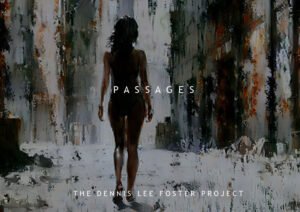
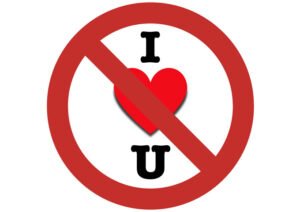





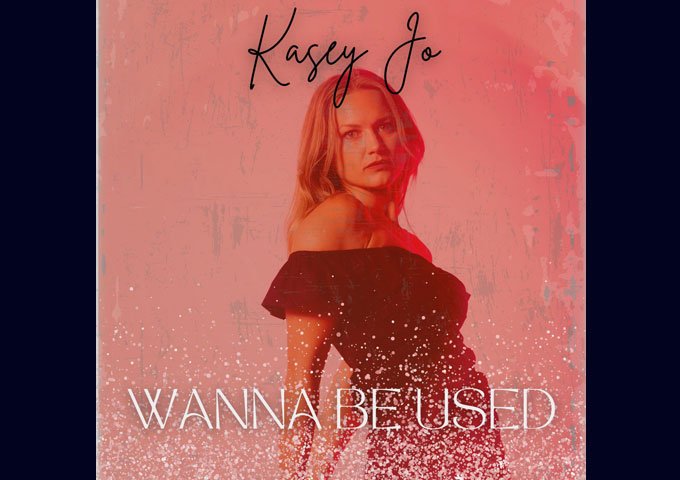
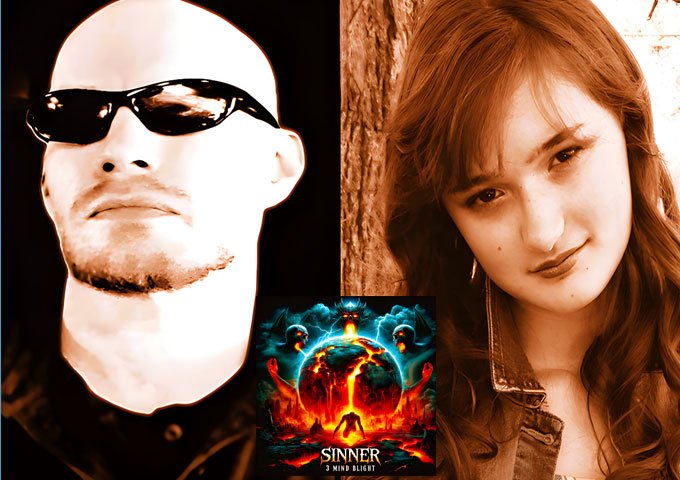
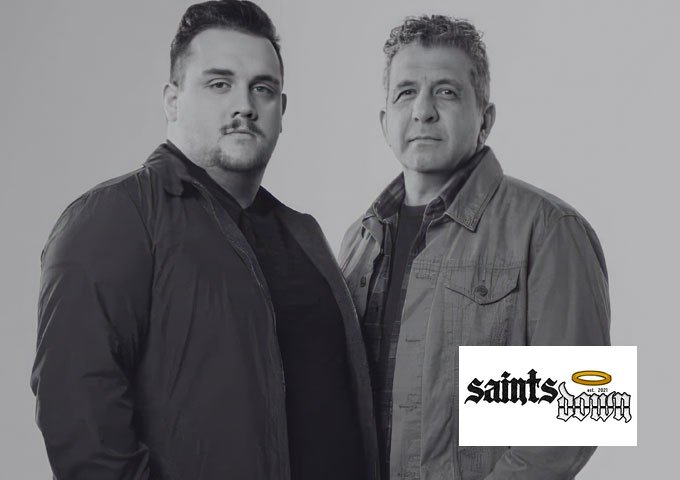
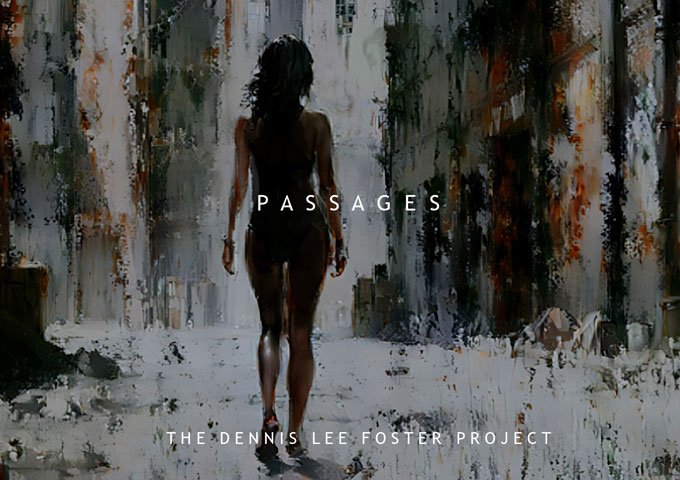
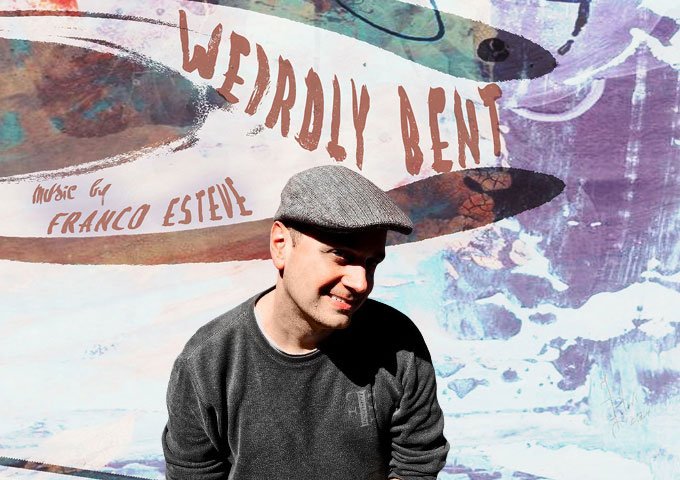
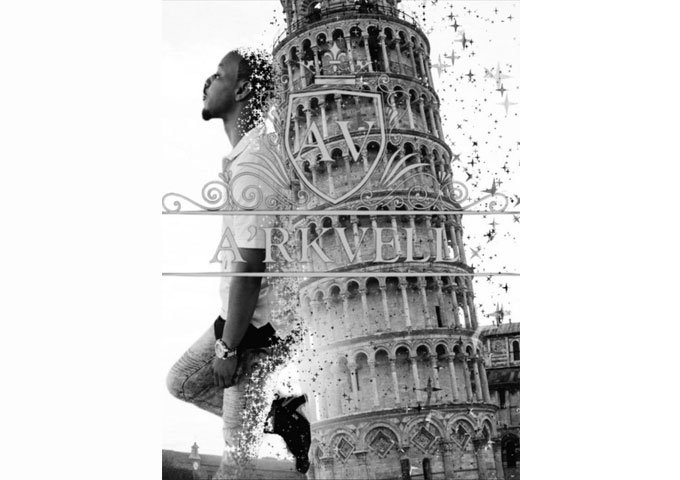

+ There are no comments
Add yours